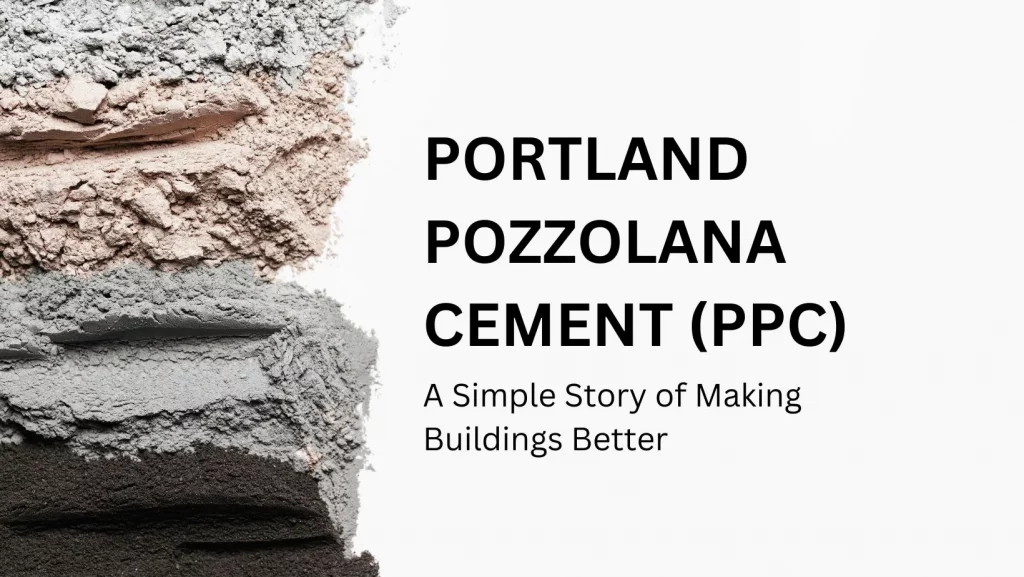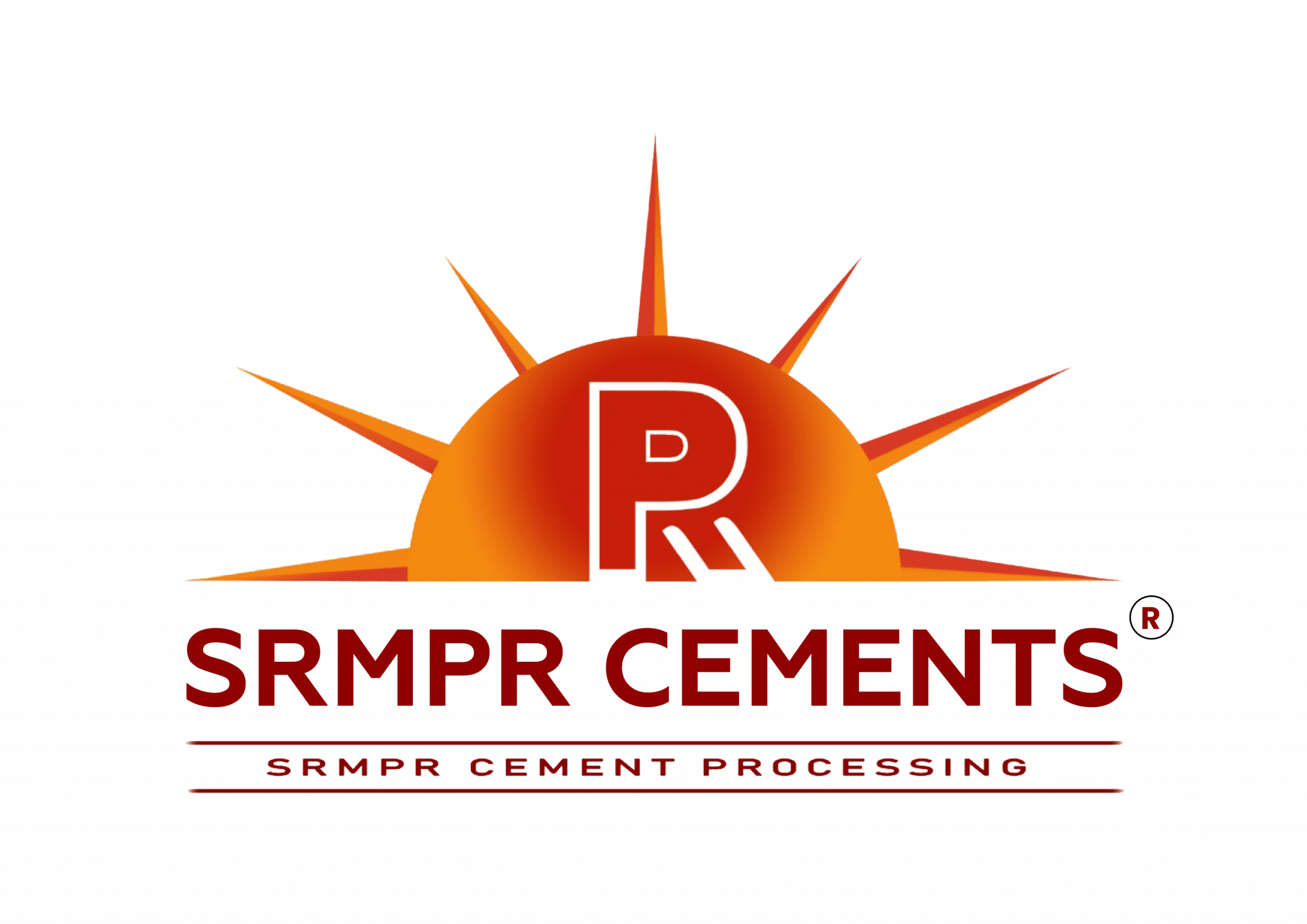Cement, an essential ingredient in modern construction, comes in various types, each with its unique properties and uses. Among these, Portland cement stands out as one of the most commonly used variants. But have you ever wondered why it’s called “Portland” cement? Let’s delve into the fascinating history behind this ubiquitous building material.
It’s changing how we build things and helping us make constructions that are good for the environment. PPC is a mix of Portland cement and other materials like fly ash or slag. It’s way better than regular cement and works great for all sorts of building projects.
Origins of Portland Cement:
Portland cement traces its roots back to the 19th century in England. In the early 1800s. Portland cement is a finely ground powder, typically gray, used as a binding material in construction. It is produced by burning and grinding a mixture of limestone and clay or limestone and shale. Joseph Aspdin, an inventor from England, patented the basic process in 1824, naming it after the resemblance of the set cement to Portland stone, a type of limestone found on the Isle of Portland. When mixed with water, the components of Portland cement chemically react, combining with and decomposing in the water to harden and develop strength through hydration and hydrolysis.
Naming Inspiration:
Legend has it that Aspdin’s invention earned its moniker from its resemblance to the natural limestone quarried on the Isle of Portland, located off the southern coast of England. The stone from Portland was renowned for its strength and durability, qualities that Aspdin’s cement sought to emulate. Thus, the name “Portland cement” was found, signifying its association with the esteemed stone.
Evolution and Standardization:
Aspdin’s original formulation of Portland cement underwent further refinement and standardization over the years. The development of rotary kilns in the late 19th century revolutionized cement production, enabling mass-scale manufacturing and consistency in quality. This paved the way for Portland cement to become the cornerstone of modern construction practices worldwide.
Modern Applications:
Today, Portland cement is indispensable in various construction projects, from towering skyscrapers to intricate infrastructure. Its versatility and strength make it ideal for creating concrete, mortar, and grout, essential components in building foundations, roads, bridges, and more. Its enduring popularity can be attributed to its reliability, affordability, and compatibility with a wide range of aggregates and admixtures.
Differences between Portland cement and plain cement
PPC and OPC cement types differ mainly in composition. While OPC is made from limestone, clay, and other materials, PPC contains OPC mixed with pozzolanic materials. These variances lead to differences in properties.
PPC generates less heat during curing than OPC, making it ideal for large structures like dams and bridges as it reduces the risk of thermal cracking. It’s also more resistant to sulfate attacks, making it suitable for coastal areas.
On the flip side, OPC has a higher initial strength, making it suitable for applications needing quick strength, like precast concrete products. It also offers a smoother surface finish in plastering and rendering due to its higher fineness.
Both types ensure quality infrastructure. Choosing between them depends on project needs. For high strength, OPC is preferred, while PPC suits projects requiring less heat generation and sulfate resistance.
Factors like raw material availability and local market conditions also influence the choice. In areas with abundant pozzolanic materials, PPC may be more cost-effective, while OPC may be preferable elsewhere.
Where PPC Cement Started
The story of PPC cement goes back to ancient Roman times. They used volcanic ash to make cement stronger. But it wasn’t until the early 1900s that PPC cement became popular. People wanted something tough but not as expensive as regular cement.
How PPC Cement Has Changed
Over time, scientists and builders have made PPC cement even better. They’ve played around with what goes into it to make it perfect for different jobs. Nowadays, you can get PPC cement in different types, each made for specific uses.
Why PPC Cement is Awesome
People love using PPC cement because it’s much better than regular cement. Here’s why:
- Super Strong: PPC cement can handle tough situations. It’s not afraid of things like sulfate attack, chloride, or alkali-aggregate reactions. This makes it great for buildings in harsh places.
- Easy to Work With: PPC cement needs less water and sticks together well. That makes it easy to use, and it gives buildings a smooth finish with fewer mistakes.
- Good for the Earth: Using PPC cement is like giving the planet a little break. It doesn’t need as much stuff to be made, so it helps cut down on the pollution that usually comes from making cement.
- Costs Less: PPC cement is often cheaper than regular cement. So, you get a good deal without losing quality.
Where You Can Use PPC Cement
PPC cement can be used for lots of different projects:
- Foundations and Floors: It’s great for making strong bases for buildings.
- Buildings and Bridges: PPC cement works well in all sorts of structures, making them strong and lasting a long time.
- Ready-Made Parts: It’s perfect for making pieces of buildings off-site, which saves time and makes sure everything looks good.
- Near the Water: PPC cement is tough against things like saltwater, so it’s awesome for buildings by the sea.
The Future of PPC Cement
People think PPC cement is going to be even more important in the future. It’s good for the environment, it works well, and it doesn’t cost too much. As we want to build things in a way that’s kind to the Earth, PPC cement will keep being a leader in making construction better for everyone.
The name “Portland cement” pays homage to its origins and the pioneering efforts of Joseph Aspdin, pioneering efforts, shaping modern construction globally. With SRMPR Cements, trust in quality and reliability. Offering a diverse range of high-quality cement products, tailored for residential, commercial, and industrial projects, SRMPR Cements ensures success with a commitment to excellence and customer satisfaction. In the ever-evolving landscape of construction, Portland cement from SRMPR Cements remains a steadfast foundation for tomorrow’s structures.




Heyа i’m for the first timе here. I camе aсross this board and I in finding It really useful & it helped me out a lot.
I hope to give one thing again and aid others such as yoս aided me.